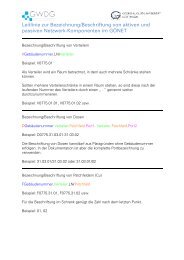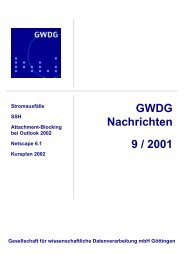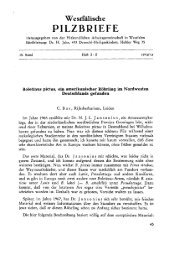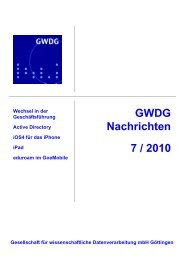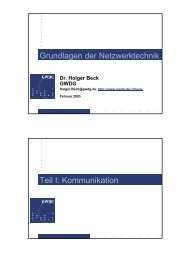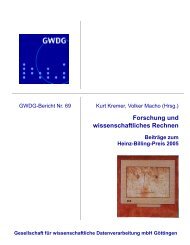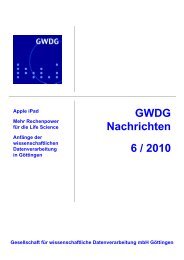You also want an ePaper? Increase the reach of your titles
YUMPU automatically turns print PDFs into web optimized ePapers that Google loves.
Sketch of the Lexical Rule for the Other COC Types<br />
2 2<br />
3<br />
HEAD verb<br />
2 2<br />
3 6 6<br />
" #<br />
7<br />
HEAD verb<br />
6SYNSEM<br />
4<br />
INDEX e 5<br />
6 6<br />
" # 6<br />
CONTENT<br />
7 6<br />
MAIN 1<br />
6SYNSEM<br />
4<br />
INDEX e 57<br />
6<br />
6<br />
CONTENT<br />
7 6<br />
2<br />
3<br />
6<br />
MAIN<br />
6<br />
1 7<br />
6 ˙ ¸<br />
7↦→6<br />
* HEAD noun +<br />
6<br />
7 6<br />
6<br />
" #<br />
7<br />
4ARG-ST<br />
2 5 6ARG-ST<br />
2 , NP 4<br />
INDEX x 5<br />
ˆ ˜<br />
6<br />
CONTENT<br />
LF PARTS A 6<br />
MAIN 1<br />
4 h<br />
LF PARTS A ⊕ ˙ . . . ∧ R(e,...x . . .) ¸i<br />
3<br />
7<br />
5<br />
cognateness: MAIN identity<br />
referentiality of the CO: own <strong>in</strong>dex, x.<br />
different read<strong>in</strong>gs: various possibilities for Relation that relates e<br />
and x.<br />
no obligatory modification: S<strong>in</strong>ce the CO has its own <strong>in</strong>dex,<br />
semantic discernibility is guaranteed.<br />
passive possible: The CO’s <strong>in</strong>dex is not a bound variable.<br />
Manfred Sailer (Gött<strong>in</strong>gen) <strong>Cognate</strong> <strong>Objects</strong> HPSG 2010 35 / 39



